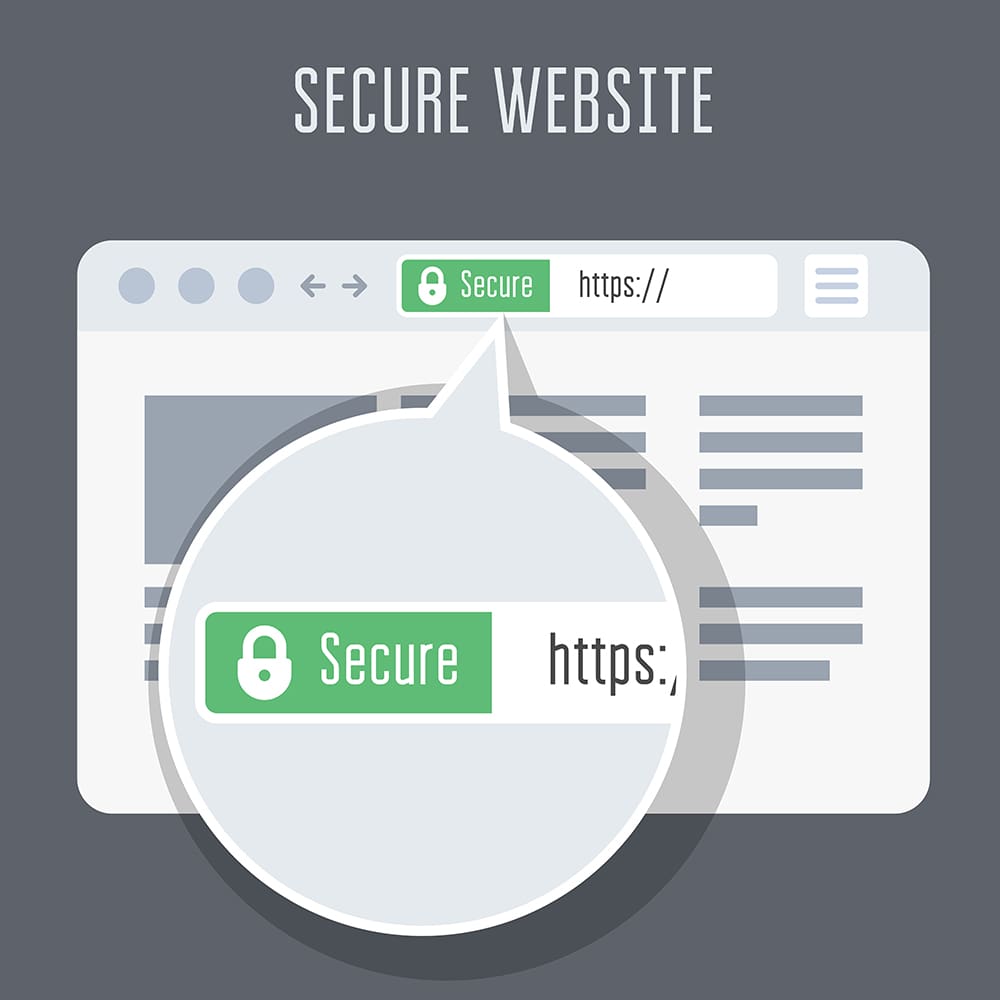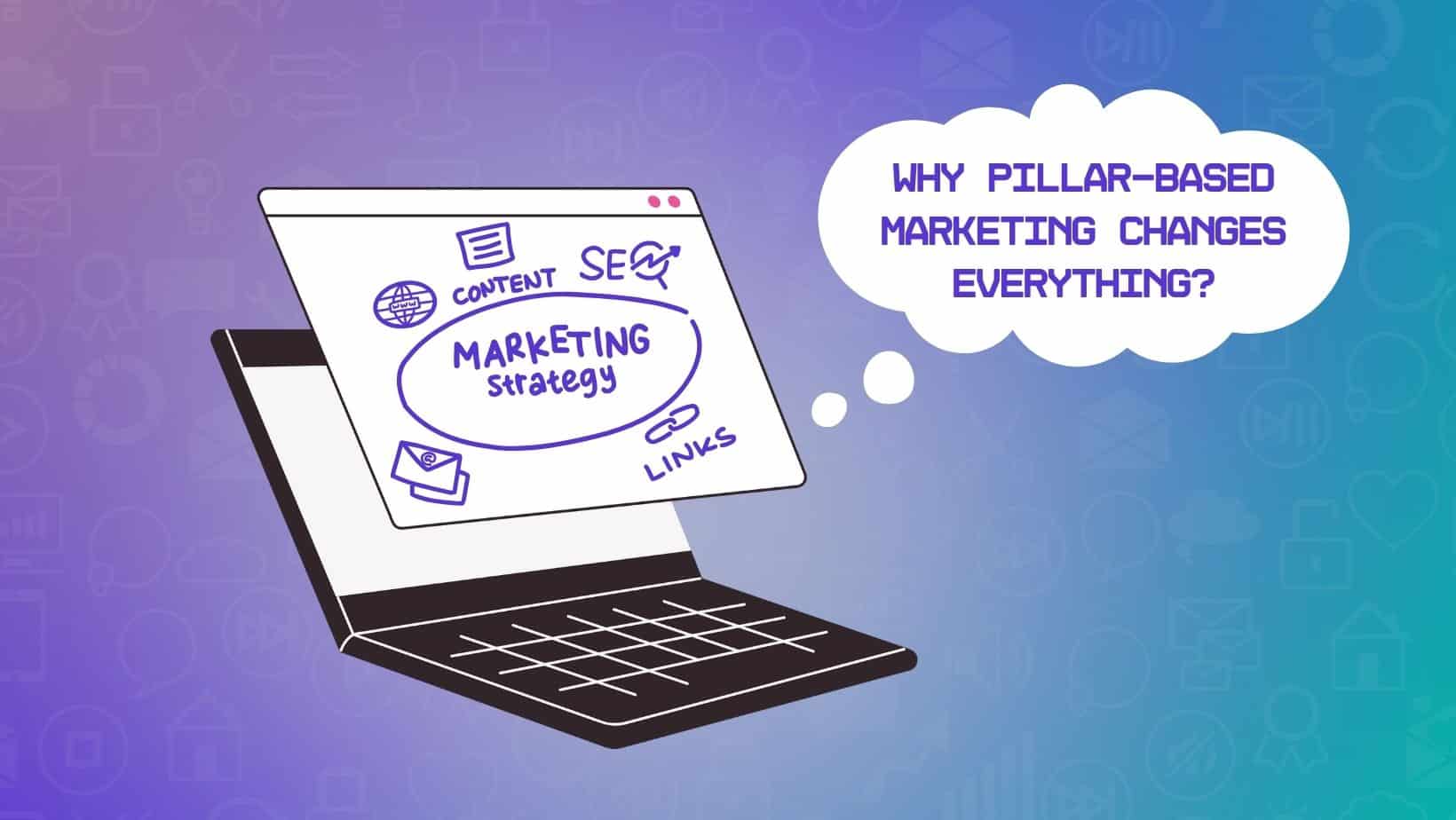 There isn’t such thing as too much security when it comes to your online presence. You probably have already heard of the GDPR which is a way of securing the personal and financial data of EU citizens. This is a collective attempt to make the world wide web safer and to reduce the number of cyber crimes which take places every day. Google wants to take this step even further and starting from July, any website which doesn’t migrate to HTTPS is considered to be “not secure“.
There isn’t such thing as too much security when it comes to your online presence. You probably have already heard of the GDPR which is a way of securing the personal and financial data of EU citizens. This is a collective attempt to make the world wide web safer and to reduce the number of cyber crimes which take places every day. Google wants to take this step even further and starting from July, any website which doesn’t migrate to HTTPS is considered to be “not secure“.
What are HTTP and HTTPS?
What does this mean exactly? Well, let’s take a look at the classic HTTP you’re probably familiar with and find out more about this type of connection. HTTP is considered to be outdated because it doesn’t offer proper security to internet users, whether they are website visitors or online shoppers. In other words, if you enter your password on a website which runs on an HTTP connection, the password is not encrypted and someone else who has malevolent intentions can steal your data. In worst cases, hackers and other “web pirates” can go even further and attempt identity theft, make transactions in your name, find out where you live, etc.
By migrating your website to HTTPS, you are basically protecting yourself from cyber crimes. Any password or sensitive data you enter is encrypted and kept safe in a special online server. No one can access that data, so no one can steal your password, address details, and personal information. If you have a website and you want to gain the trust of your clients or visitors, you should add an SSL certificate to your website which basically makes it safer and trustworthy.
What is an SSL Certificate?
An SSL certificate is an advanced way of protecting sensitive data and it will be displayed as a padlock icon next to the URL of a webpage. It basically lets people know that the site is to be trusted and sensitive data is safely encrypted. Once you install the SSL certificate, you need to migrate your site from HTTP to HTTPS. This process can take time, depending on how big your site is, how many domains or sub-domains you have, etc, but it is worth the effort in the long run. You might have to use 301 redirects for a while, but at the end of the day, your website will look safer and more professional in the eyes of your clientele or readership.
When does this Google rule become effective?
Starting with the release of Chrome 68 in July, Google will deem any website which is not on an HTTPS platform as “not secure”, so you basically have a short amount of time to take action. Although you probably have something else on your priority list, it is imperative that you comply with this new Google policy to ensure the continuity of your business. Ultimately, Google just wants to make the internet a safer place, so why shouldn’t we all contribute to that?
Note: If your site is hosted under ShiftWeb’s Managed Hosting Service, we have already added an SSL certificate to your website. This is just one of the many benefits of trusting ShiftWeb with hosting.





